25 February 2025
Divorce is a tough process for everyone involved, but what often goes unnoticed is how differently kids handle it compared to adults. While adults might focus on logistics—splitting assets, co-parenting plans, figuring out finances—children experience a world of emotions that's sometimes difficult for them to express. They don’t have the life experience to understand or process these feelings on their own. And as parents, it’s vital to recognize that kids grieve divorce in unique ways that need our attention.
So, how exactly do children process divorce? Let’s dive in and explore the complexities of how kids—especially at different developmental stages—deal with the emotional whirlwind that comes with divorce, and how we can best support them through it.
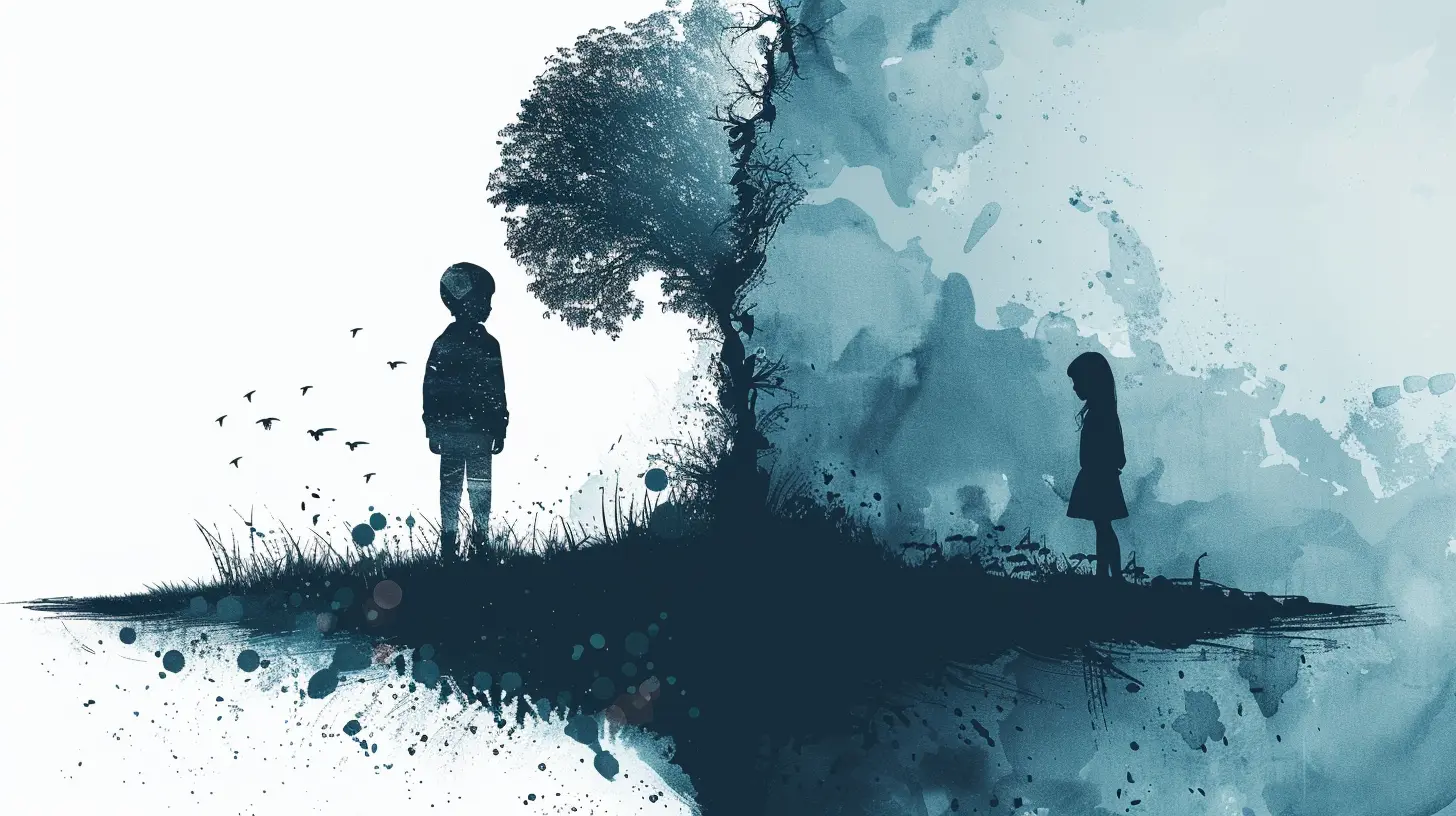
Understanding the Core Difference: Experience vs. Innocence
It’s important to note that adults and children go through very different emotional journeys when coping with divorce. Adults typically have more tools to manage tough emotions—whether through experience, therapy, or talking with friends. They've been through breakups before, faced disappointments, and learned (albeit slowly) how to pick up the pieces.Kids, on the other hand, often don’t have those experiences yet. They rely heavily on their parents for stability, so when that foundation shifts, their world can feel like it's tumbling down. For many children, divorce feels like the rug has been pulled out from beneath them, leaving them confused, scared, and overwhelmed.
The Emotional Complexity for Kids
Children don’t always have the vocabulary to express their grief. Unlike adults, who might say, "I’m feeling anxious about the future," a child may act out or withdraw when they’re feeling upset. Their emotions might manifest as anger, fear, confusion, or even sadness, but they often aren’t able to articulate these feelings.Kids might wonder things like:
- "Was this my fault?"
- "Will my parents stop loving me too?"
- "What’s going to happen next?"
These types of questions can float around in their little heads, creating havoc internally even if they aren't verbalizing their concerns.

The Role of Developmental Stages in Processing Divorce
Another thing to keep in mind is that kids at different stages of development will process divorce in very different ways. A toddler’s experience of divorce is quite different from that of a pre-teen or a teenager.Toddlers (Ages 0-5): Confusion and Separation Anxiety
For the youngest of children, the concept of divorce is simply too big to understand. Toddlers won’t grasp the idea of two households or why one parent is suddenly missing from their daily routine. What they can comprehend, however, is the sense of loss and separation anxiety that comes with divorce.Separation from a primary caregiver can feel traumatic for toddlers because they haven’t yet developed the cognitive ability to understand that the parent will come back. This often results in:
- Clinginess: Toddlers may become overly attached to one parent and fear being left alone.
- Sleep disturbances: They may regress in sleep habits or become more restless during bedtime.
- Emotional outbursts: Toddlers may cry more frequently or experience temper tantrums as a way to cope with the big emotions they're feeling.
Elementary-Aged Children (Ages 6-12): Guilt and Fantasy
By the time kids hit elementary school, their understanding of the world and the relationships within it begins to expand. They know that something significant is happening, but they may not have the emotional maturity to fully grasp why the divorce is occurring.At this stage, kids often fall into self-blame. They might think, "If only I had behaved better, mom and dad would still be together." It's not uncommon for elementary-aged children to fantasize about their parents getting back together or believe that if they just act a certain way, they can heal the rift.
Some behaviors to look out for include:
- Increased sensitivity: Kids this age may show signs of being emotionally clingy, asking for more validation from both parents.
- Changes in school performance: They may begin to underperform in school, finding it hard to concentrate because of anxiety or sadness.
- Physical complaints: Emotional stress often shows up as physical symptoms, like headaches or stomach aches.
Teenagers (Ages 13-18): Anger, Rebellion, and Fear of Commitment
Teenagers are already going through a rollercoaster of emotional changes due to adolescence, and a divorce can amplify their inner turmoil. They may act out in rebellion, testing boundaries even more than usual, or they may retreat into themselves.For teens, divorce can bring up intense feelings of anger or bitterness. They may resent one or both parents, blaming them for disrupting the family unit. With a better understanding of relationships, they might also develop fears about their own future dating or romantic relationships, worrying that they too will end up in a failed marriage.
Some common reactions include:
- Risky behavior: Acting out through drugs, alcohol, or other defiant behavior may be a way to cope with their emotions.
- Isolation: Alternatively, teens might withdraw from friends or family as they struggle to process their feelings.
- Cynicism about relationships: They may develop a jaded view of love, relationships, and even question the institution of marriage.
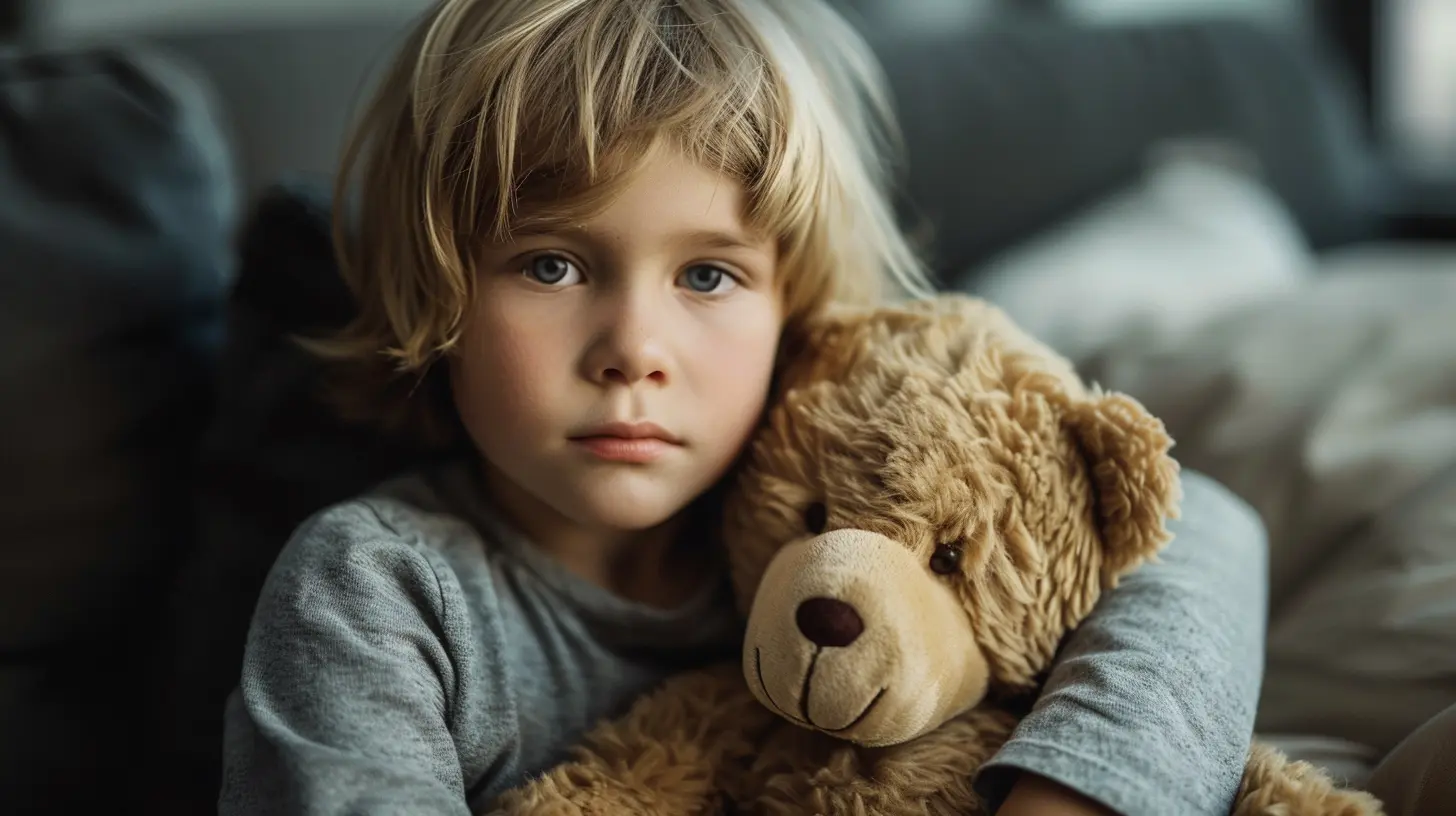
How to Support Kids Through Divorce
The question remains: How can parents—or any caregivers—help children navigate the grief and process their emotions in a healthy way? Here's what we need to remember.Open Up Communication
You might think you're protecting your child by keeping difficult conversations off the table, but in reality, your child needs an open, honest dialogue when it comes to divorce. Encourage them to express how they feel, even if it’s difficult to hear. Let them know that their feelings are valid—whether they’re sad, angry, or just plain confused.Use age-appropriate language to explain what’s happening. Don’t sugar-coat or give false reassurances like “Everything will be back to normal soon.” Instead, focus on letting them know they are loved by both parents and that the separation is not their fault.
Reassure with Consistent Love and Stability
One of the best ways to help children cope with divorce is to provide them with consistency. Kids need to feel that, despite the changes happening around them, some things will remain the same.Make sure that both parents maintain a regular schedule with the child. Having a predictable routine can make kids feel secure in an otherwise uncertain time. Whether it’s setting regular bedtime routines, daily rituals, or ensuring they have consistent school and extracurricular activities, these routines help ground a child in a time of upheaval.
Don’t Involve Them in Adult Conflicts
No matter how tempted you may feel to vent or get your child to “pick sides,” never involve them in adult issues surrounding the divorce. Kids should not be placed in the middle of any disagreements or arguments. It’s essential that kids feel they can love and maintain a relationship with both parents, without feeling guilty or pressured to take one parent’s side.If venting is necessary—as it often is—talk to a friend, therapist, or counselor. Your child is not emotionally equipped to handle these adult-level stresses, and doing so could leave lasting emotional scars.
Therapy Is Always a Good Option
Seeking professional help should never be seen as a sign of failure. Sometimes, kids need a neutral third party to help them process their emotions in a way they can’t do with their parents.Child therapists are highly skilled at helping kids express their feelings, whether through talk therapy, play therapy, or creative outlets. Especially when emotions are too big for your child to process on their own, a therapist can provide them with the tools needed to cope.
Be Patient with Their Healing Process
Lastly, give your child the time they need to cope with the divorce. Understand that grief doesn’t have a set timeline, and just like adults, kids will have good days and bad days. Some might seem fine for a while, only to have their feelings resurface months or even years later.Patience and understanding are key. Be there for them, and always offer an open line of communication.

Conclusion: Kids Grieve Differently, and That’s Okay
While divorce is undeniably challenging for everyone, the key takeaway here is to understand that children experience—and process—it very differently than adults do. They require patience, consistent love, clear communication, and sometimes, professional help. By addressing their unique emotional needs, we can help children navigate the grieving process and come out stronger on the other end.Divorce may never be easy, but with the right approach, support, and understanding, we can give our kids the tools they need to process their grief and move forward with hope.

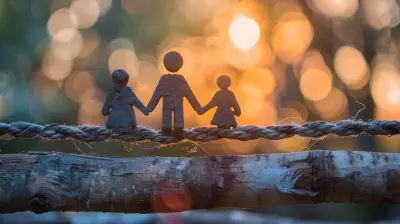

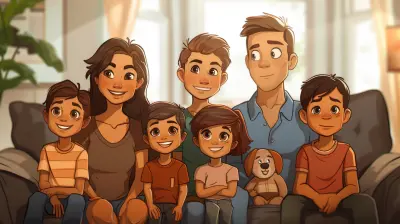


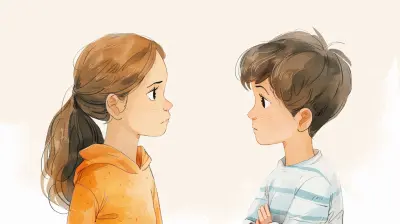
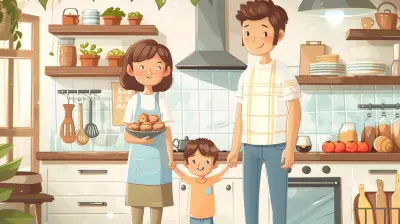
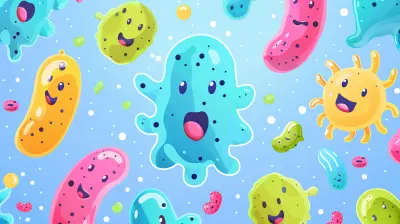
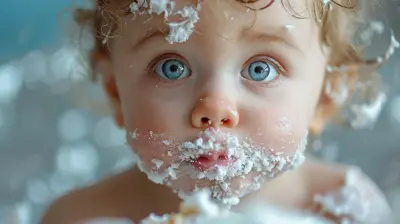
Ainsley McCool
Kids navigate divorce in their own unique ways—let's honor their feelings instead of dismissing them.
April 1, 2025 at 3:30 PM